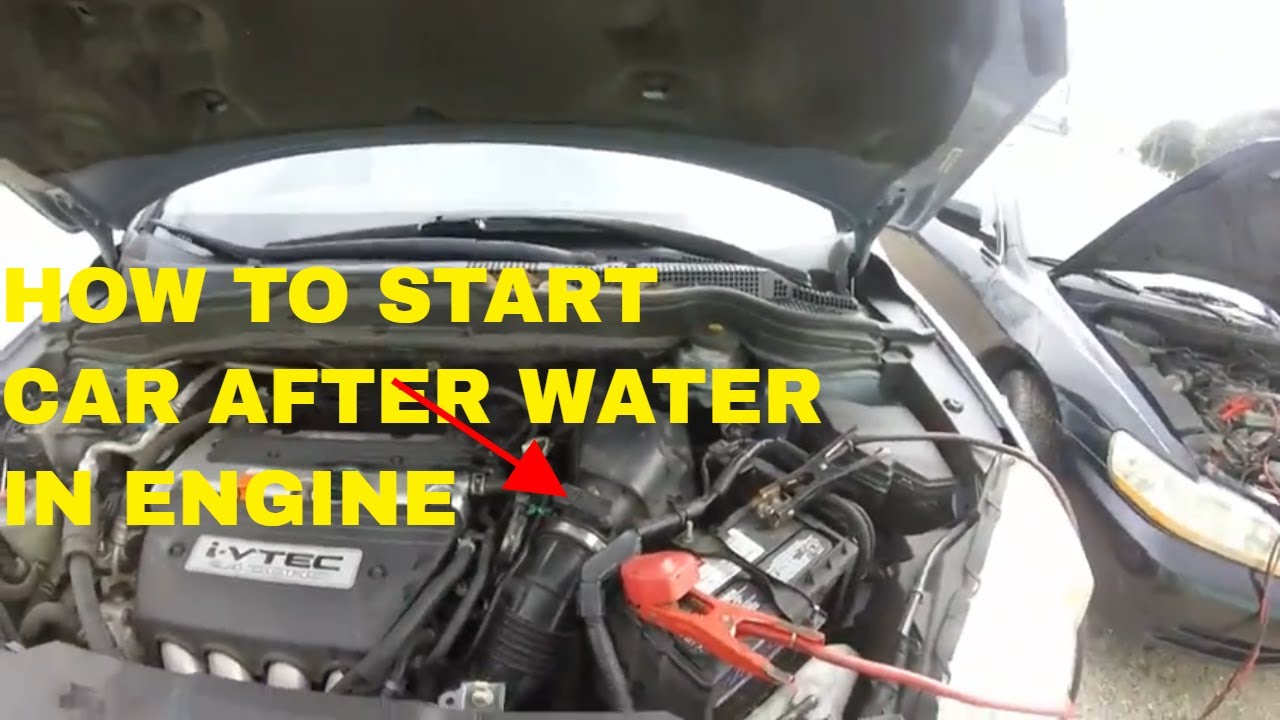Can Your Car Engine Get Wet?
The answer to the question «can your car engine get wet?» is not a simple yes or no. It depends on several factors, including the type of engine, the age of the engine, and the severity of the water exposure.
Types of Car Engines
There are two main types of car engines: gasoline engines and diesel engines. Gasoline engines use spark plugs to ignite the fuel, while diesel engines use compression to ignite the fuel.
Gasoline engines are more susceptible to water damage than diesel engines. This is because gasoline is more volatile than diesel fuel, and it can easily evaporate and create a flammable vapor.
Age of the Engine
Older engines are more likely to be damaged by water than newer engines. This is because the seals and gaskets in older engines are more likely to be worn and cracked, allowing water to seep into the engine.
Severity of Water Exposure
The severity of water exposure can also affect the extent of damage to a car engine. A small amount of water may not cause any damage, while a large amount of water can cause the engine to fail.
Water in the Air Intake
If water gets into the air intake, it can cause the engine to stall. This is because the water will prevent the air from entering the engine, and the engine will not be able to run.
Water in the Fuel System
If water gets into the fuel system, it can cause the engine to run rough or stall. This is because the water will mix with the fuel and prevent the engine from getting the correct amount of fuel.
Water in the Oil System
If water gets into the oil system, it can cause the engine to seize up. This is because the water will mix with the oil and prevent the oil from lubricating the engine’s moving parts.
How to Prevent Water Damage to Your Car Engine
There are several things you can do to prevent water damage to your car engine:
- Avoid driving your car through deep water.
- Park your car in a covered area.
- Check the seals and gaskets in your engine regularly and replace them as needed.
- Change the oil in your car regularly.
What to Do If Your Car Engine Gets Wet
If your car engine gets wet, do not try to start it. Instead, have it towed to a mechanic for inspection.
The mechanic will be able to determine the extent of the damage and recommend the best course of action.
Conclusion
The answer to the question «can your car engine get wet?» is yes, but it depends on the type of engine, the age of the engine, and the severity of the water exposure.
You can prevent water damage to your car engine by following the tips above. If your car engine does get wet, do not try to start it. Instead, have it towed to a mechanic for inspection.





